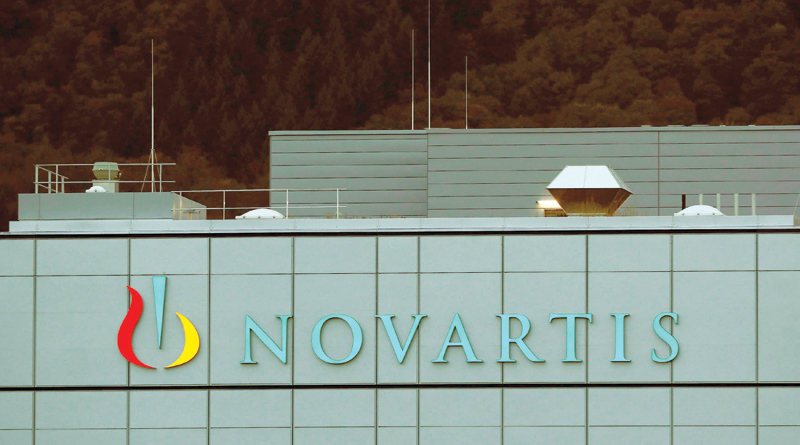

Deena Beasley -
Unusually high numbers of US lymphoma patients are choosing experimental treatments over expensive cell therapies sold by Gilead Sciences Inc and Novartis AG, new data shows, helping explain why sales of the two products have not met rosy expectations.
Both Gilead’s Yescarta and Novartis’s Kymriah — which are part of a class of therapies known in the medical field as “CAR-T” — were approved in 2017. But government and private health plans have balked at their high price of at least $373,000 for a one-time treatment before hospital costs, which can bring the bill for a single patient to over a million dollars.
Sales of both CAR-Ts — billed as potential blockbusters at their launch — have been slow to ramp up. Novartis, which has also struggled to meet US manufacturing specifications, posted $58 million in second quarter Kymriah sales, while Gilead is expected to show $110 million in Yescarta sales when it reports quarterly results on Tuesday.
The novel treatments take immune system cells from each individual patient and re-engineer them to better fight certain blood cancers, keeping nearly 40 per cent of patients alive for more than two years, according to some studies.
Yet the federal government’s Medicare health plan for seniors, estimated to cover more than half of lymphoma patients eligible for a CAR-T, is still figuring out payment terms after nearly two years of delay. Private insurers are only covering the cell therapies on a case-by-case basis, rather than setting standard coverage guidelines as they usually do for new drugs.
Between Kymriah’s approval in May 2017 and December 2018, one quarter of nearly 900 adult lymphoma patients treated with CAR-Ts were enrolled in clinical trials, according to healthcare consultancy Vizient Inc.
That is unusual since patients generally seek to first use treatments approved by health regulators before considering an experimental drug being tested in trials. A recent National Cancer Institute study estimated that no more than 8 per cent of all cancer patients participate in trials.
Vizient analysed health insurance claims from 58 major US hospitals, including most of the centres authorised to administer CAR-Ts. The consultancy found that medical bills for clinical trial patients, who receive the cell therapies free of charge from the drugmaker, were about 50 per cent per cent lower than costs for people treated with Yescarta or Kymriah on a commercial basis. CAR-T patients are almost always admitted to a hospital to monitor for severe side effects.
“Inadequate inpatient reimbursement, especially for Medicare patients, can be a significant deterrent for hospitals to use commercially approved CAR-Ts,” Jennifer Tedaldi, associate principal at consulting firm ZS Associates, said. She said some hospitals instead refer patients to clinical trials, or choose not to use CAR-Ts at all.
In a sign of the wide array of trial options, the Lymphoma Coalition estimates there are 120 mid- and late-stage US trials for advanced diffuse large-cell B cell lymphoma (DLBCL), the indication that Yescarta and Kymriah are both approved for. They include studies that combine Yescarta or Kymriah with other treatments in the hope of making them safer and more effective, as well as competing CAR-T therapies and other novel approaches for attacking blood cancers.
“CAR-T is a very active space given its potential promise as a one-time curative therapy,” Novartis said in an emailed statement. “As part of our commercial programme, we take into account a per- centage of patients that are likely to be treated via clinical trials.”— Reuters
Oman Observer is now on the WhatsApp channel. Click here



